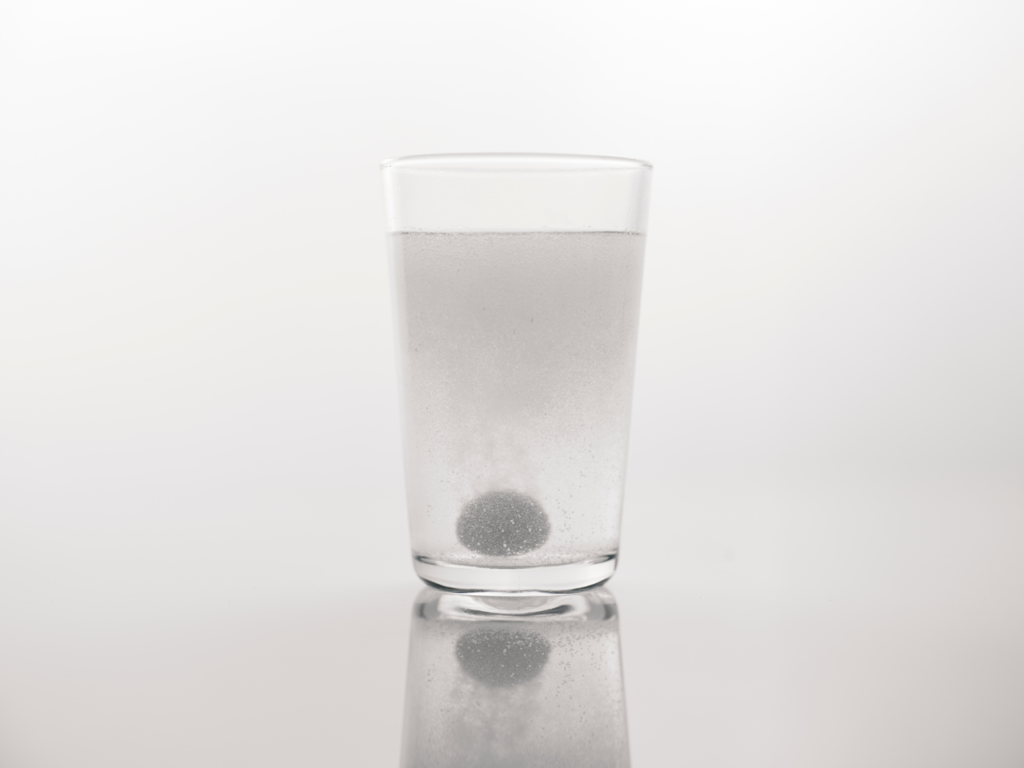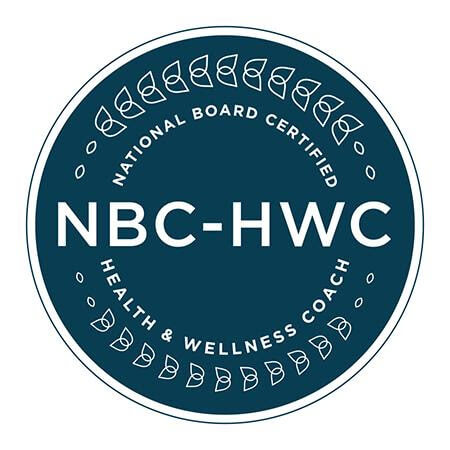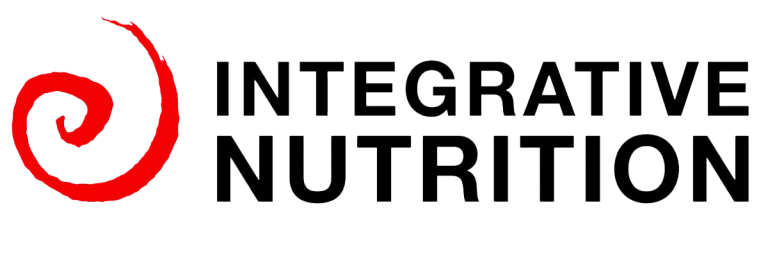Should we be taking Calcium supplements?
- Nadia Kawash
- Supplements
When you think of Calcium supplements, the first thing that comes to your mind is “Bone Health”. We need Ca to keep our bones nice and strong. Our parents, grandparents and their parents would encourage us to consume a glass of milk every day and make sure we eat cheese and yogurt to satisfy our Ca requirements for the day to help us grow and maintain strong healthy bones.
A vast of the world’s population has been increasing their Calcum intake with dairy, yet the statistics are coming out especially after the end of the 19th century that there has been an increase in bone fractures, osteoporosis and osteopenia. So, what is going on?

As you have always heard me say: our body is an orchestra and there is a harmony of things that go on inside the body. When we push one thing more than the others, it causes an imbalance in something else, and this eventually will lead to a downstream effect on the body.
Specifically, Calcium is one of the nutrients needed for our bones, but we should never consume it alone because if the other nutrients required are not available or are deficient and we push Ca further into our body then we will end up with calcification in the arteries and soft tissues which may lead to heart issues, kidney stones, cancer and other issues.
We need to get to the root cause of the issue first by asking ourselves: What has changed in our environment and lifestyle that has impacted the health of our bones?
One of the most common factors we see among all the latest health issues is STRESS. It has skyrocketed and always ends up having a downward spiral impact on our body system.
Other causes:
- High refined sugar intake – elevates cortisol causing higher calcium loss in urine.
- High coffee and soda intake – an increase in caffeine and phosphoric acid both lead to higher calcium loss in urine.
- Low stomach acid – high stress levels can lead to lower stomach acids making us unable to fully break down proteins and minerals from the foods we consume, leading to low magnesium, zinc, iron, B12, manganese and copper.
- Chronic high stress impairs new bone growth and breaks down the bone matrix.
- Acid-producing diet – a diet that lacks the balance of fruits vegetables and leafy greens and is more focused on high animal protein and refined processed carbs leads to high phosphorous and low potassium.
- A high intake of dairy foods – many people are lactose intolerant (2/3 of the population) and/or dairy sensitive which causes intestinal inflammation and impairs mineral absorption.
- Widespread low vitamin D (fear of sitting in the sun and working indoors) inhibits calcium absorption and utilization.
- Widespread low Vit K – which is required for making osteocalcin which binds to calcium in bone tissue.
- Poor methylation – low levels of vitamins B (B6, B12, B9 or poor MTHFR snips).
- Sedentary lifestyle – less weight-bearing exercise and low muscle mass.
- An epidemic of hypothyroid function – impacts poor digestion and autoimmune disease.
- General inflammation causes microbial imbalances and chemical toxicity impacting bone health.
- Metal toxicity – especially aluminum and lead that are stored in the bones and can be freed with osteopenia. Typically begins in the menopause years creating further inflammation.
In Mainstream medicine, scientists have determined that the deterioration of bone health is due to genetics and lifestyle factors, and they focus on one supplement “CALCIUM“ to help solve this problem. As you can see in the list above – it’s not that simple! We need to take into consideration all the factors mentioned above.
If we are looking into “Bone health” then we need to understand what causes the deterioration or breakdown in bones that leads to Osteoporosis or Osteopenia as mentioned above and then what factors contribute to healthy bone formation.
Let’s begin by defining these terms:
Osteoporosis refers to a decrease in bone mineral density below a normal reference value. A bone scan is done on the patient and a T score is given. If the no. is below negative (-2.5 ) they have Osteoporosis.
Osteopenia refers to a decrease in bone mineral density below normal reference values, yet not low enough to meet the diagnostic criteria of osteoporosis a T score of negative (-1) to negative (-2.5)
It is my recommendation that at the age of 40, both men and women should have a bone density scan done to have a baseline in their medical files to be able to assess any changes as Menopause and Andropause kick in to begin to take measurements to help improve their condition.
Other important contributors to healthy bone formation:
- The quality of the foods we consume
- The nutrient status of the food
- Hormone balance. These all impact the balance between building and breaking down bone tissue: estrogen, progesterone, testosterone, parathyroid, calcitonin, stress hormones, growth hormones, paracrine signaling
- Weight-bearing exercise
- Body mass
Although Calcium is necessary for bone strength, muscle contractions and many other chemical and biochemical reactions, it is not the only important factor in bone health. We need to be very careful when taking Ca in supplemental form. Many studies with thousands of participants have shown this to be the case but not if consumed via dietary means.
The information below is very important:
- A mix of pre and post-menopausal women and men who used calcium supplements had a 140% higher risk of a heart attack. Those getting calcium from food did not have an increased risk.
- More than 1000mg/day of calcium supplements was associated with a 20% increase in cardiovascular disease-related death in men. Dietary calcium was not a factor.
- Women had a 150% higher risk of a heart attack if using a 500mg/day supplement along with high dietary intake (1400mg/day or higher)
- The large dose of calcium suddenly brought in via supplement may increase the calcification of soft tissue because the body cannot make use of it all at once. This is exacerbated in those with kidney challenges.
- Calcium supplementations increase the incidence of kidney stones while dietary calcium does not.
- Daily supplements of 1000mg/day which is a typical dose, are associated with increased prostate cancer risk and kidney stones.
It is very important to understand, that you do not want Calcium roaming freely in your body. It needs to be shuttled immediately and deposited where it is needed. To do that it depends on other very important nutrients that influence and regulate calcium metabolism. They are vitamin D, vitamin K2 and magnesium.
- Vitamin D increases calcium absorption and supports calcium metabolism.
- Vitamin K2 ensures that calcium gets into the bones and teeth and stays out of soft tissue
- Magnesium is required for calcium absorption and utilization and a deficiency causes calcium deficiency and hyperparathyroidism which also affects calcium levels.
How many people do you know are taking Ca supplements and have never checked their magnesium levels or are taking D3 without K2?
How many people are taking Ca supplements and are consuming a diet high in Calcium without realizing it? Are they checking their total intake based on the research done (linked above)?
I can tell you from my practice that many people are deficient in these minerals and vitamins.
If we want to retain good healthy bones, then we must:
- Balance our hormones, especially progesterone is key for promoting ongoing new bone growth via osteoblasts. Estrogen primarily helps to control the breakdown of old bone via osteoclasts. This is why bio-identical hormones are beneficial
- Check for ongoing inflammation that you may not be aware of from autoimmune disease or food sensitivity, IBS, Chron’s, Rheumatoid Arthritis, Hashimoto or elevated CRP, etc. cause a lot of oxidative stress creating imbalance in osteoblasts and osteoclasts (the breaking down and building up of bones). Vit B, C and E (mixed tocopherols and tocotrienols) all seem to help reduce oxidative damage.
- Check for Gluten intolerance –for those who have an immune response to gluten or celiac. They should avoid gluten because it is a driver of inflammation
- Do weight-bearing exercise to stimulate bone density retention because the stress we put on our bones during weightlifting stimulates the bone remodeling process and doing weightlifting at least 3times a week has shown a significant increase in bone mineral density, especially in postmenopausal women.
- Improve our sleep – Sleep is another important factor not only for general health and well-being but because it impacts bone density through its hormonal effect on melatonin, which is the primary hormone for sleep. Melatonin affects the actions of osteoblasts and osteoclasts (building and breaking) and interacts with other hormones like estrogen to increase bone remodeling and functions as well as being a potent antioxidant it protects the bone cells from oxidative stress and inflammation.
- Lower our stress levels. Stress can also indirectly impact your bone health. When patients are put on corticosteroid medications (anti-inflammatory drugs) to treat Arthritis, Asthma, or IBD – it should only be used for a very short period until they get to the root cause of their issue. Prolonging the stay on these medications suppress cortisol levels (making them very low) which causes bone loss and can lead to osteoporosis. High cortisol on the other hand coming from stress, can also lead to similar effects on bone density by blocking calcium absorption, which decreases bone cell growth and even a short spike of elevated cortisol may lead to decreased bone mineral density. Since cortisol is a stress hormone, we want to aim to practice better stress management.
- Reduce alcohol intake and stop smoking. Smoking and overconsumption of alcohol also have an impact on reducing bone mineral density. So if you already know you have issues with osteoporosis or osteopenia think twice and prioritize keeping your bones healthy.
Important takeaway
I know this was a long blog post packed with information that I think is vital for anyone considering or taking Ca supplementation. I hope you enjoyed it and please forward it to anyone you may think should be aware of Ca supplementation.
Please make sure to:
- Avoid calcium supplements in the Carbonate or Ascorbate form.
- Take Ca in the form of citrate – malate-AlgaeCal, multi-chelate or MCHC (microcrystalline hydroxyapatite).
- Take 750mg a day in a divided dosage for better absorption with food.
- Always take Magnesium and D3K2 for a while before introducing Ca supplements to build the reserve in your body.
- Pay attention to any fortified Ca on food labels because it comes in the carbonate form.
- Preferably get calcium from food rather than supplements. Google if you don’t know the foods high in Ca. Tahini and fish bones e.g. sardines are the highest source.
- Don’t consume Ca in soft chews or gummies because they are very high in sugar and food coloring.
- Calcium and Iron compete so don’t take them together.
- Read all the bullets I mentioned earlier a couple of times.
Always looking out for your health,
Small changes for a healthier “U”







